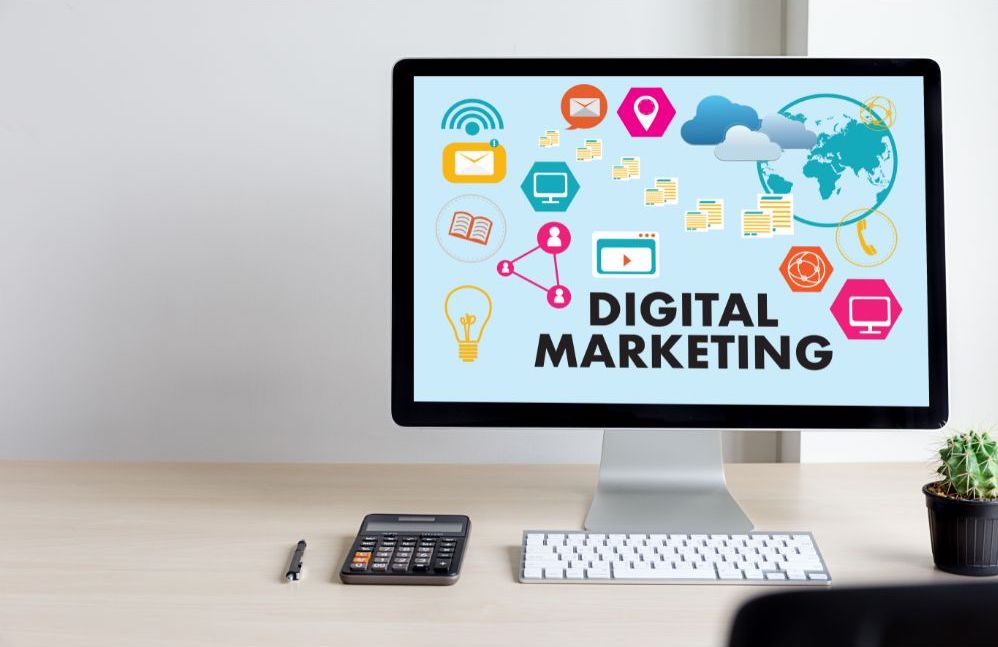How Digital Marketing Helps Small Businesses

1. Enhanced Online Visibility: From Local to Global Reach
Digital marketing acts as a powerful beacon, guiding small businesses from local storefronts to a global audience. Through search engine optimisation (SEO) and targeted online advertising, small businesses can increase their visibility, ensuring they appear prominently when potential customers seek products or services they offer.
2. Cost-Effective Advertising: Maximising Budget Efficiency
For small businesses with limited resources, cost-effectiveness is paramount. Digital marketing channels, such as social media advertising and pay-per-click campaigns, provide a level playing field. With precise targeting options, small businesses can ensure their marketing budget is invested where it matters most, reaching the audience most likely to convert.
3. Building Brand Authority: Trust in the Digital Sphere
Digital marketing facilitates the establishment of brand authority. Through content marketing, social media engagement, and thought leadership, small businesses can position themselves as experts in their field. Building trust in the digital sphere translates into credibility, fostering customer loyalty and attracting new clientele.
4. Targeted Audience Engagement: Connecting with Precision
Understanding your audience is a cornerstone of successful marketing. Digital marketing tools enable small businesses to gather insights into consumer behaviour, preferences, and demographics. With this information, targeted content and personalised campaigns can be crafted, resonating more effectively with the intended audience.
5. Measurable Analytics: Informed Decision Making
One of the key advantages of digital marketing is the ability to measure and analyse campaign performance. Small businesses can access detailed analytics that provide insights into the success of their strategies. From website traffic and click-through rates to conversion metrics, these analytics empower informed decision-making for ongoing improvements.
6. Social Media Platforms: The Community Building Hub
Social media is a game-changer for small businesses, serving as a vibrant hub for community building. Platforms like Facebook, Instagram, and Twitter offer opportunities to engage directly with customers, showcase products, and humanise the brand. Social media becomes a virtual storefront where authenticity and connection thrive.
7. Agility in Campaign Adjustments: Adapting to Trends
Digital marketing’s agility allows small businesses to adapt swiftly to market trends. Whether it’s adjusting advertising strategies based on current events or pivoting content to align with changing consumer needs, the flexibility of digital marketing ensures that small businesses can stay relevant and responsive.
8. Mobile Optimisation: Meeting Users Where They Are
With a significant portion of online activity occurring on mobile devices, digital marketing emphasises mobile optimisation. Small businesses can ensure their websites, ads, and content are tailored for seamless mobile experiences, meeting users where they are and enhancing accessibility.
9. Email Marketing: Direct Communication Channel
Email marketing remains a robust tool for small businesses. It provides a direct line of communication with customers, enabling personalised messaging, promotions, and updates. With the right strategies, email marketing fosters customer retention and cultivates a loyal customer base.
10. Competing with Competence: Standing Out Amidst Competitors
In a crowded marketplace, standing out is essential. Digital marketing equips small businesses with the tools to differentiate themselves. Whether through compelling storytelling, creative content, or unique value propositions, digital strategies empower small businesses to compete with competence.
In conclusion, the symbiotic relationship between small businesses and digital marketing is a testament to the transformative power of the digital age. By leveraging online tools and strategies, small businesses can not only survive but thrive in a competitive landscape. From expanding reach to building brand loyalty, digital marketing emerges as a vital ally, unlocking a world of possibilities for small businesses ready to embrace the digital frontier.










